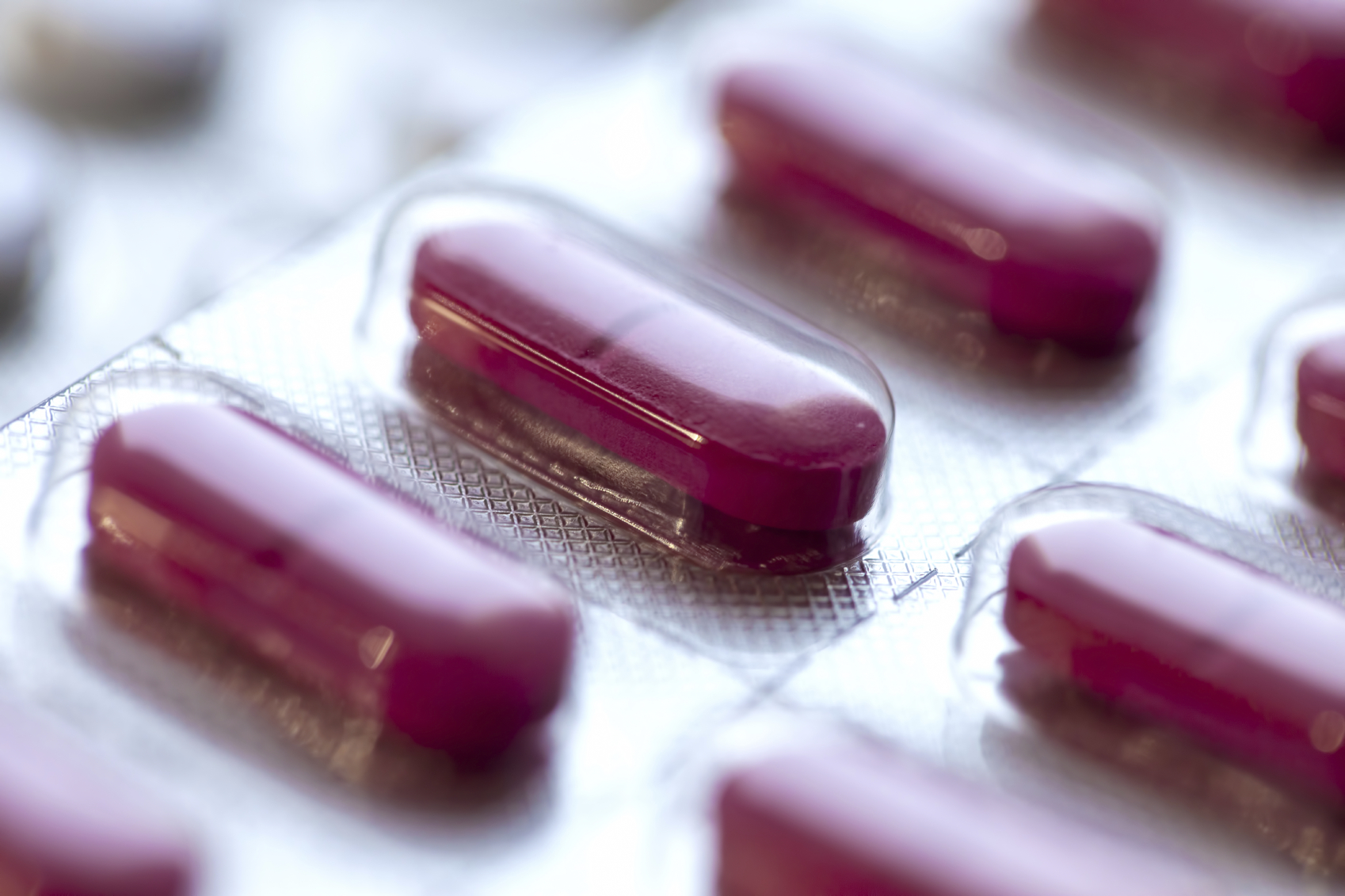Brexit will add to NHS money woes, says pharma

The UK pharma industry has warned that the Brexit vote will put more financial pressure on a National Health Service already facing cuts because of the government’s ongoing austerity drive.
England's NHS is expected to find efficiency savings of around £22 billion by 2020, part of a funding squeeze which has already put most of the country's hospital trusts deep into debt.
Mike Thompson, chief executive of the ABPI, told pharmaphorum he was surprised by the decision to leave the EU, saying he had expected a narrow victory for the Remain campaign.
Predicting tough economic times ahead, Thompson said Brexit would have an impact on the amount of cash the government is able to spend – at a time when the country is spending below the European average on healthcare.
Nigel Farage, leader of the UK Independence Party, has already said on national television he had made a “mistake” by pledging to spend an estimated £350 million a week paid to the EU, on the NHS.
The ABPI has warned of difficult times ahead, and called for “creative” ways to ensure British patients get access to the latest drugs. In theory, Brexit shouldn't have a very direct effect on spending on the NHS and medicines, as healthcare systems and spending have always remained a responsibility for individual member states, not the EU.
However if Brexit destabilises the UK economy, this will have a knock on effect on NHS spending. Equally, the wider uncertainty and upheaval in government will also make life very difficult for the NHS and pharma.
The government has already delayed its Accelerated Access Review (AAR) because of the referendum, and rumour has it that it will now be delayed again until September.
Brexit had an immediate impact on the economy on Friday - sterling lost more than 10% of its value against other currencies, and even after a modest recovery, finished at its weakest for 31 years.
The resignation of prime minister David Cameron deepened the gloom, which wiped more than $2 trillion off the value of global markets.
Standards & Poor has warned that the UK's top AAA credit rating is now at risk.
Mike Thompson said: “The challenge for the country is that the economy has just got much worse. The NHS can only afford what the economy can afford – you can’t get away from the economic reality.
“There is a legitimate question about the percentage of GDP we spend on the NHS – but that (GDP) just got smaller.
“This is a tough time the country has voted for. How can industry work more efficiently with the NHS as partners to get our medicines to the British patients?”
Meanwhile the European Federation of Pharmaceutical Industries and Associations (EFPIA), of which the ABPI is a member, is concerned about the impact of Brexit on UK life sciences R&D.
Richard Bergstrom, director general of EFPIA, noted the UK gets funding from several sources in Europe – directly from the European Commission, from the Innovative Medicines Initiative public-private partnership, and from other European member states.
“We have the UK participating in programmes from other member states,” Bergstrom said.
EFPIA is also concerned that Brexit could prevent UK scientists from participating in European scientific research programmes.
“If the UK is not allowed to participate in other programmes, that is a real problem,” said Bergstrom.












